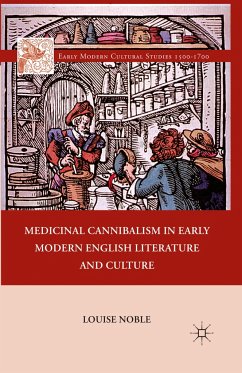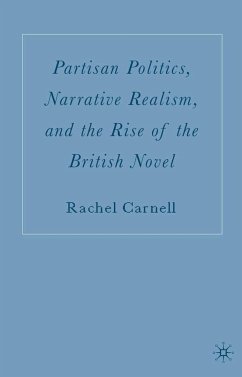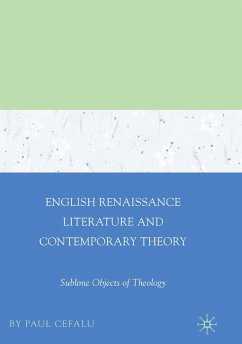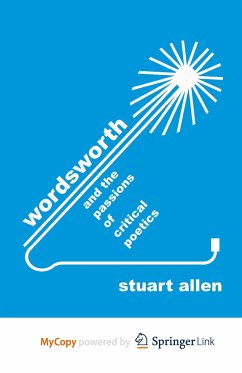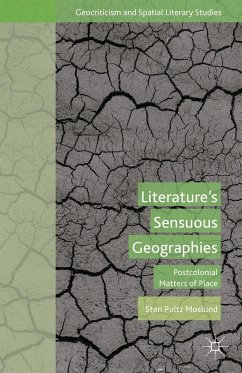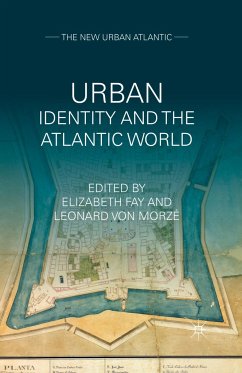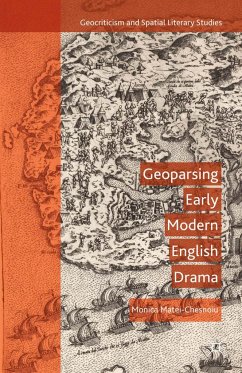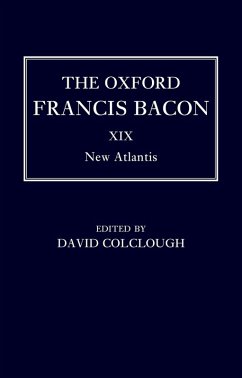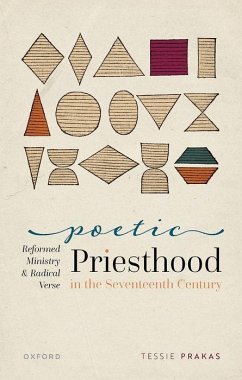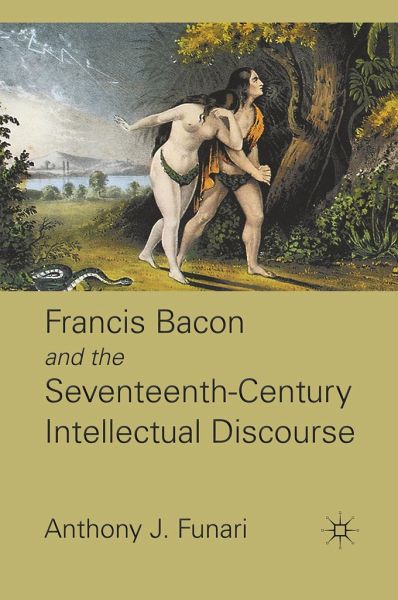
A. Funari
Broschiertes Buch
Francis Bacon and the Seventeenth-Century Intellectual Discourse
Versandkostenfrei!
Versandfertig in 6-10 Tagen
Weitere Ausgaben:

PAYBACK Punkte
19 °P sammeln!





This book explores the resistance of three English poets to Francis Bacon's project to restore humanity to Adamic mastery over nature, moving beyond a discussion of the tension between Bacon and these poetic voices to suggest theywere also debating the narrative of humanity's intellectual path.
ANTHONY FUNARI Assistant Professor atJohnson Community College, USA.
Produktdetails
- Verlag: Palgrave Macmillan / Palgrave Macmillan US / Springer, Berlin
- Artikelnr. des Verlages: 978-1-349-29748-1
- 1st ed. 2011
- Seitenzahl: 188
- Erscheinungstermin: 3. Oktober 2011
- Englisch
- Abmessung: 229mm x 152mm x 11mm
- Gewicht: 282g
- ISBN-13: 9781349297481
- ISBN-10: 1349297488
- Artikelnr.: 45079695
Herstellerkennzeichnung
Palgrave Macmillan
Tiergartenstr. 17
69121 Heidelberg
ProductSafety@springernature.com
"Francis Bacon and the Seventeenth-Century Intellectual Discourse provides new insight on the Baconian debates by examining the works of Donne, Marvell, and Rochester as resistance to Bacon s theory of scientific progression. With sharp, close readings, Funari persuasively demonstrates the argumentative power of seventeenth-century poetry as a counter narrative to what would become the dominant ideology of Western science." - Amy L. Tigner, assistant professor of English, University of Texas, Arlington
"A fascinating, well-argued comparison between Francis Bacon's narrative of recovering human dominion over nature and seventeenth-century skeptics who deny its possibility. Funari draws insightful parallels with today's proponents of technological solutions and environmental philosophers who propose new ways of living with the more-than-human world. Of interest to anyone who wishes to see how history and literature can inform the roots of today's environmental crisis."- Carolyn Merchant, professor, University of California, Berkeley and author of The Death of Nature and Reinventing Eden
"An original and interesting approach to the clash of cultures - the established literary world reacting against the rise of the scientific worldview - this book raises intriguing questions for anyone studying early modern thought." - Linda Anderson, professor of English, Virginia Tech, and author of A Place in the Story: Servants and Service in Shakespeare's Plays
"A fascinating, well-argued comparison between Francis Bacon's narrative of recovering human dominion over nature and seventeenth-century skeptics who deny its possibility. Funari draws insightful parallels with today's proponents of technological solutions and environmental philosophers who propose new ways of living with the more-than-human world. Of interest to anyone who wishes to see how history and literature can inform the roots of today's environmental crisis."- Carolyn Merchant, professor, University of California, Berkeley and author of The Death of Nature and Reinventing Eden
"An original and interesting approach to the clash of cultures - the established literary world reacting against the rise of the scientific worldview - this book raises intriguing questions for anyone studying early modern thought." - Linda Anderson, professor of English, Virginia Tech, and author of A Place in the Story: Servants and Service in Shakespeare's Plays
Für dieses Produkt wurde noch keine Bewertung abgegeben. Wir würden uns sehr freuen, wenn du die erste Bewertung schreibst!
Eine Bewertung schreiben
Eine Bewertung schreiben
Andere Kunden interessierten sich für


